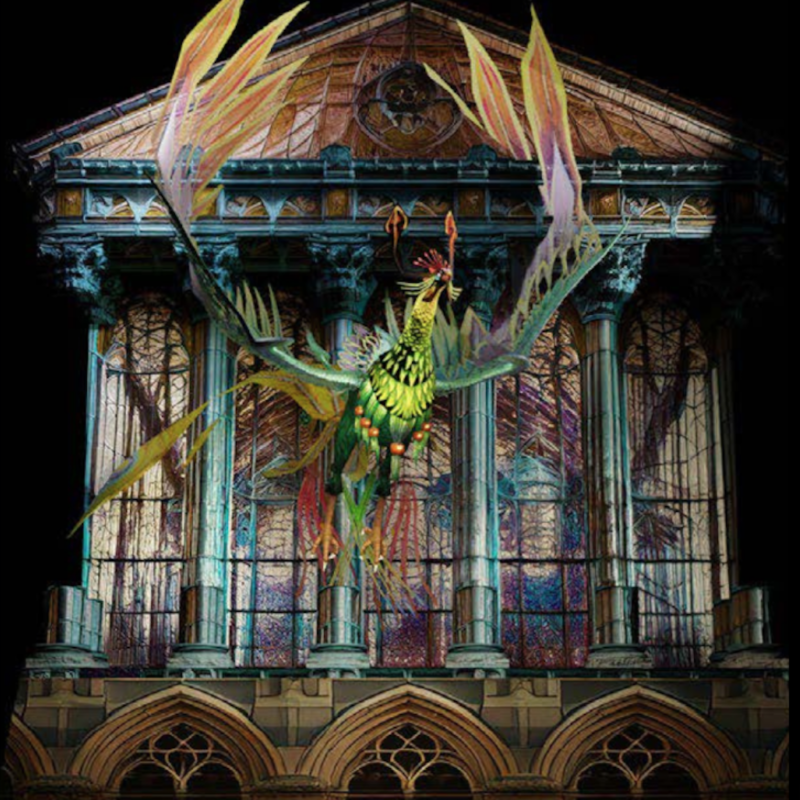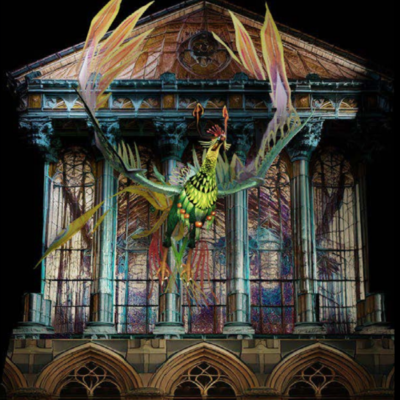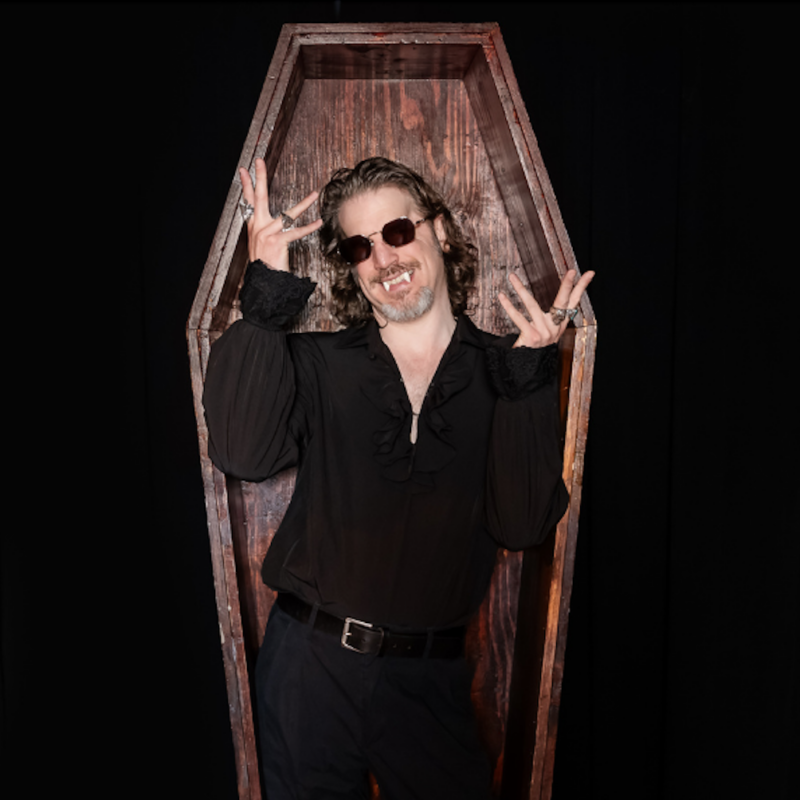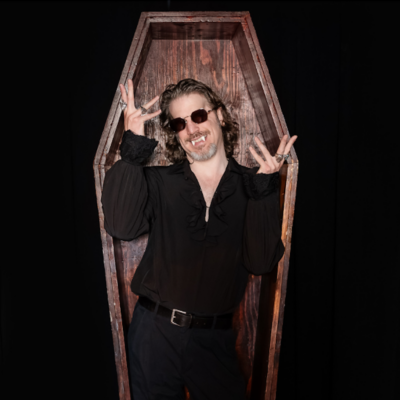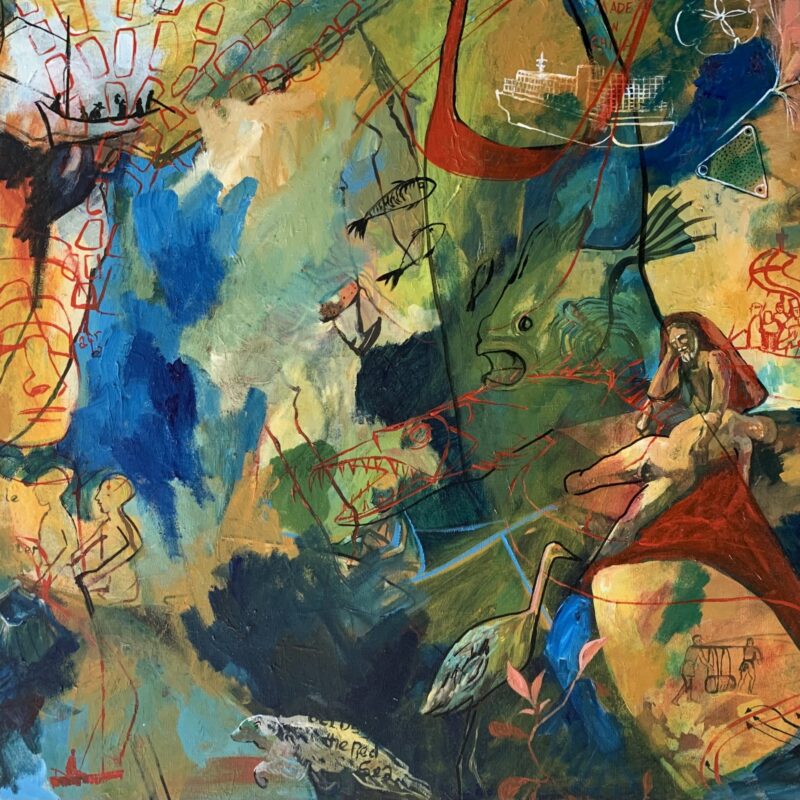The movie formerly known as The Boat That Rocked was made to change its name for American audiences, and now goes by Pirate Radio. It should not be confused with the 2006 documentary Pirate Radio USA. In France, it is called Good Morning England. In Italy, I Love Radio Rock. Germany: Radio Rock Revolution. To follow its own convivial example and give everyone involved the benefit of the doubt, let’s assume not that this movie’s makers are in the end a little fuzzy on what it actually is about, but rather that its distributors are just especially concerned that none of its charms be lost in translation.
|
Seas the day! Philip Seymour Hoffman commands the airwaves from a floating broadcast station in Pirate Radio. |
Those charms are real, if cursory. What it’s about is docile anti-establishment nostalgia. See, the ’60s were great for rock ’n’ roll in Great Britain—except for the fact of the government there being so threatened by it, and the conservative BBC Radio, which monopolized the airwaves, not broadcasting the stuff for more than an hour a day. Under such circumstances it seemed only natural that a literal boatload of rock deejays would take over an old trawler, drop anchor just beyond British territorial waters in the North Sea, and start rocking around the clock.
In this fictional case, from writer-director Richard Curtis, it’s also a pretext for the sort of ensemble comedy in which each member of the ensemble tends toward one-dimensionality, but that’s O.K. because there are so many members, and they’re all so talented. The Pirate Radio ensemble includes Bill Nighy, Philip Seymour Hoffman, Nick Frost, Rhys Ifans and Rhys Darby, among others. Musically it includes the Who, the Kinks, Jimi Hendrix, Cream and Wilson Pickett, among others. Curtis’ approach is straightforward enough: Add water and stir.
Before he wrote Four Weddings and a Funeral and Notting Hill and the Bridget Jones movies, and wrote and directed Love Actually, Curtis worked in the shorter form of TV, specializing in sketchlike, character-driven and palpably eccentric shows such as “Blackadder” and “Mr. Bean” and “The Vicar of Dibley.” It’s easy to imagine Pirate Radio working well in that format, maybe even better than it works as a movie. The vignette-intensive structure here seems sometimes to chafe at standard feature-film proportions. Not that that’s so hard to understand: At its best, it’s as grooving and potently episodic as a rock song.
There’s plot of sorts to be had from the initiation of a fresh-faced adolescent lad (Tom Sturridge) into the crew and the mysteries of sex, drugs and rock ’n’ roll; or the rivalry between a grizzled, rollicking Hoffman and carnally imperious fans; or the pirates’ frothing opposition from Kenneth Branagh’s culture minister, whose stifling prudery and ashen milieu is drafted with concise cartoonish brilliance. But the main idea is the camaraderie, so winningly presided over by a dry, dandyish Nighy as the ship’s captain. Whatever you want to call it, Pirate Radio plays a sweet tune.

